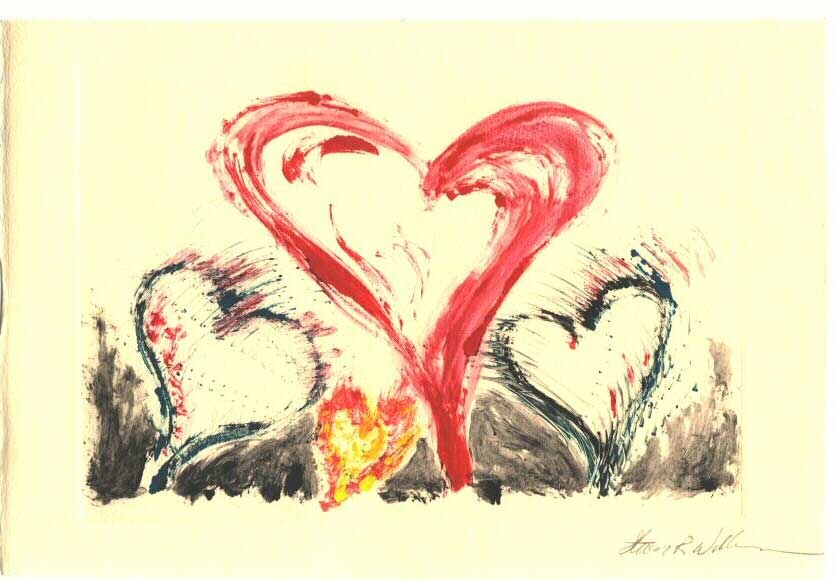 Graphic novels are weirdly effective.
Graphic novels are weirdly effective.Or at least the two that I've read have been.
They turn the normal reader/writer dynamic on its head. Rather than leaving the reader to imagine the visuals, the writer of the graphic novel leaves the reader to imagine the details, to connect the dots and fill in the story.
Persepolis presents us with the memoir of a young girl who, in the aftermath of the Iranian Revolution, is sent to Europe to attend high school.
In Iran, she's surrounded by loving family while navigating the difficult and dangerous fundamental society that was the result of the revolution. In Europe, she's immersed in the stable education system but is an adolescent alone with little in the way of adult guidance.
Satrapi is too outspoken for the strict Iranian society and is too buttoned-up for the looser European society. When she moves from the streets of Tehran to the more familiar streets of Vienna, an environ which more closely resembles that with which I am acquainted, I felt her alienation even more keenly.
From the Random House Pantheon website:
Originally published to wide critical acclaim in France, where it elicited comparisons to Art Spiegelman's Maus, Persepolis is Marjane Satrapi's wise, funny, and heartbreaking memoir of growing up in Iran during the Islamic Revolution. In powerful black-and-white comic strip images, Satrapi tells the story of her life in Tehran from ages six to fourteen, years that saw the overthrow of the Shah's regime, the triumph of the Islamic Revolution, and the devastating effects of war with Iraq. The intelligent and outspoken only child of committed Marxists and the great-granddaughter of one of Iran's last emperors, Marjane bears witness to a childhood uniquely entwined with the history of her country.


No comments:
Post a Comment